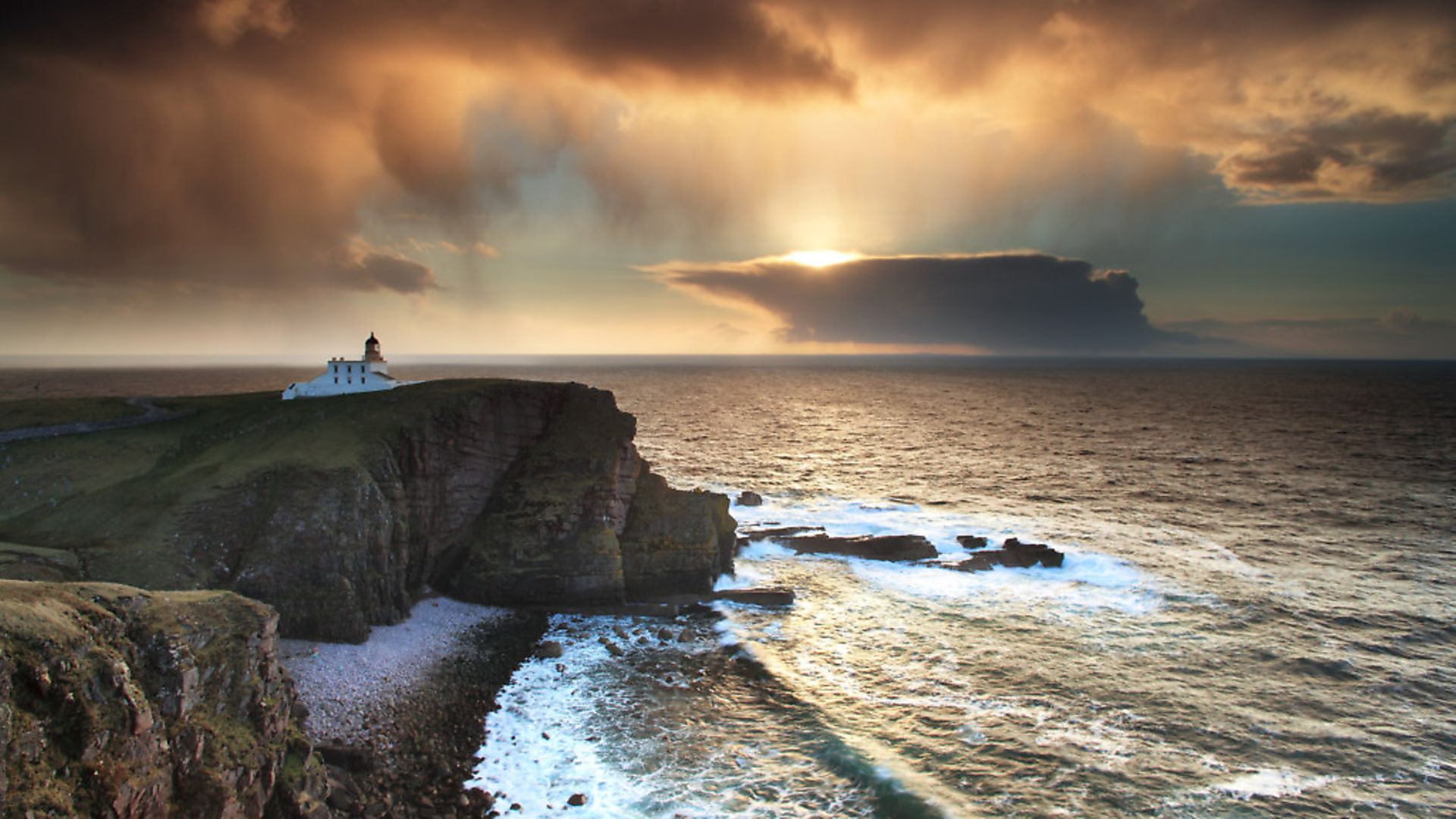
PETER TRUDGILL on the unlikely origin of the name of a stretch of water off the Scottish coast
The sea between the northern Outer Hebrides and the Scottish mainland is called the Minch, while the more southerly strait between the Outer Hebrides and the Isle of Skye is known as the Little Minch.
The word minch is not known as such to English speakers – it isn’t an English word – but since the areas of Scotland on either side of the Minch have historically been Scots Gaelic- rather than English-speaking, it would seem sensible to suppose that the word is Gaelic in origin.
But it isn’t. The Minch has a number of Gaelic names, including An Cuan Leòdhasach – ‘the Sea of Lewis’, but none of them resembles minch.
Another good guess would be that the name has an Old Norse origin. The Outer Hebrides were under the control of the Norwegian Vikings for several centuries, until the mid 1200s, and there are many Nordic place-names in the Hebrides as well as on the other side of the Minch. Stornoway, the capital of Lewis and Harris and the largest centre in the Outer Hebrides, is Steòrnabhagh in Gaelic, but was originally Norse Stjórnavágr.
The name of Lewis itself may be from Norse Ljoðahús, ‘song house’; and Brue in the northwest of Lewis is unmistakably from Old Norse brú, ‘bridge’. In Old Norse sagas, Skye was known as Skíð. Cape Wrath was a place where sailors had to change course, from Norse hvarfa, ‘turn round’; and Durness is from Old Norse dyr-nes, ‘animal headland’.
But the name Minch is not Old Norse either: it’s far too recent for that – Minch does not appear on maps at all until 1745. So where did the name come from?
One interesting clue as to its origins lies in the fact that, on early maps, this name appears with a number of different spellings, including Mynch, Minsh, Mensh and – note especially – Mansh.
Dr Domhnall Uilleam Stiubhart from the University of the Highlands and Islands suggests that the word was in fact originally a colloquial name used by foreign sailors and fishermen travelling to and around the Hebrides, and that the ultimate origin of the term was the French name La Manche.
Today, this is the name French speakers use to refer to what we know as the English Channel. But it was originally used, starting in the early 1600s, to refer to any long narrow sea strait. Definitions of the word manche – literally ‘sleeve’ – given by 17th century French lexicographers include un bras de mer, ‘an arm of the sea’, and une longueur de mer entre deux terres – ‘a stretch of sea between two areas of land’.
There are maps from that time where the Bristol Channel is shown as La Manche de Bristol. In the colloquial parlance of French sailors, the southern North Sea between East Anglia and Holland was called La Manche de l’Est, and the Irish Sea was La Manche de l’Ouest.
French sailors were very numerous and influential along the coasts of Britain and in British ports, so this usage would gradually have become very familiar to English-speaking fishermen and passed into their nautical slang. During the second half of the 18th century, Scots-speaking fishermen from the Clyde, the Scottish east coast, and Orkney and Shetland increasingly voyaged to north-western Scotland in search of herring and cod, and they would also have helped to popularise this nautical word in and along the shores of the Minch itself and beyond.
Also influential in the transfer of the term from French to English may have been French privateers who lurked off the coasts of Britain during hostilities between England and France during the long years of the War of Spanish Succession, attacking merchant ships returning from lucrative overseas trading expeditions. In 1704, a John Mackenzie of Assynt in north-western Scotland wrote that ‘we ar plagued wt a little pirrate or priveteer in ye Lews manche’.











